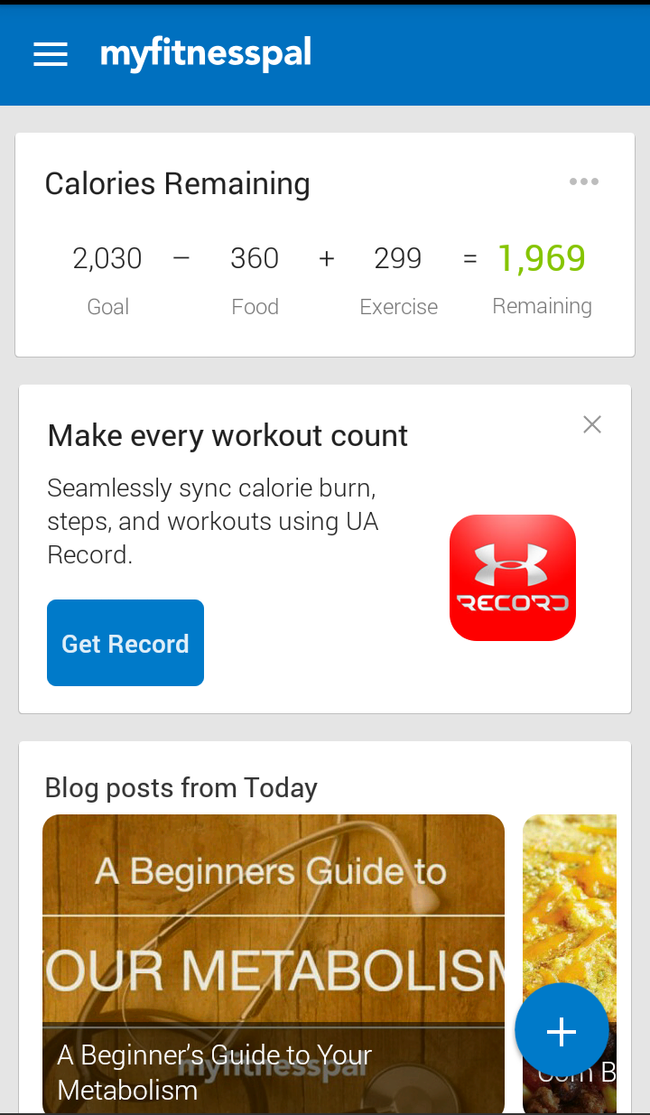
The worst overestimated by 1001 kilojoules (239 calories) and underestimated by 700 kilojoules (167 calories). The kilojoule measures used in the apps differed by an average of 127 kilojoules (30 calories) from the actual nutritional measure, but this varied significantly between the apps. “Although they’re clearly not perfect for managing weight loss, apps are becoming increasingly popular for both consumers and clinicians,” said lead author Juliana Chen, a dietitian and PhD candidate in the Charles Perkins Centre and Faculty of Science. Each app was used for five days and assessed against a range of quality measures: the credibility of their information source the accuracy and coverage of scientific information the inclusion of enhanced features (like barcode scanners) usability and, most importantly, their likelihood of changing health behaviours. Published in JMIR mHealth and uHealth, the study is the first in Australia to comprehensively test the quality and evidence base of dietary weight loss apps, and the first in the world to test kilojoule measures reported in the app against the reference standard for Australia.Īfter examining 800 apps for the study, researchers selected 28 apps that were weight management-specific and allowed for logging food intake.

#BEST MEAL TRACKING APP PRO#
Australian app Control My Weight (CalorieKing Wellness Solutions) and Calorie Counter Pro (MyNetDiary Inc) were jointly rated the second best apps. Researchers found considerable inaccuracy and poor scientific basis in many apps, but found Noom Weight Loss Coach (Noom Inc) the most likely to change behaviour and assist weight loss.

The best apps for weight loss have been ranked by experts from the University of Sydney’s Charles Perkins Centre in a world-first study of their accuracy and scientific basis.


 0 kommentar(er)
0 kommentar(er)
